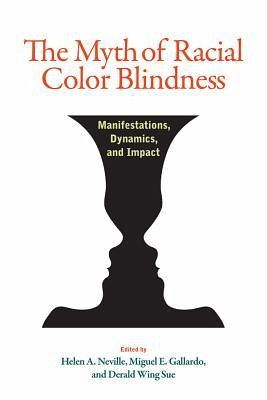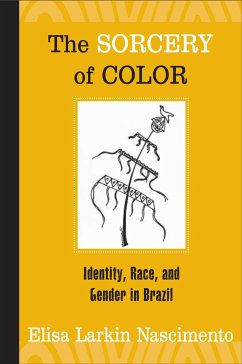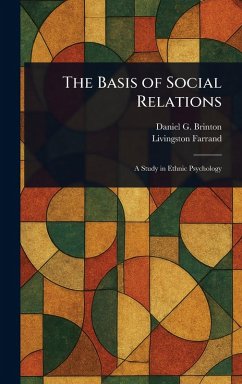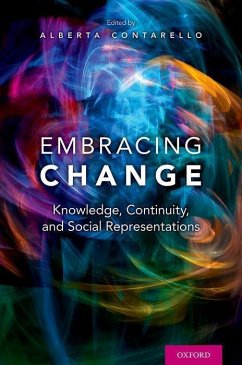Nicht lieferbar

The Myth of Racial Color Blindness
Manifestations, Dynamics, and Impact
Herausgeber: Neville, Helen A; Sue, Derald Wing; Gallardo, Miguel
Versandkostenfrei!
Nicht lieferbar
In this edited volume, social scientists dissect the concept of color blind racial ideology, the widely-held belief that skin color does not affect interpersonal interactions, and that interpersonal and institutional racism therefore no longer exists in America. Is the United States today a amp ldquo post-racial amp rdquo society? Some might point to the election and re-election of a Black president as conclusive evidence of the progress made in race relations, but others are not so sanguine. In this volume, top scholars in psychology, education, sociology, and related fields dissect the conce...
In this edited volume, social scientists dissect the concept of color blind racial ideology, the widely-held belief that skin color does not affect interpersonal interactions, and that interpersonal and institutional racism therefore no longer exists in America. Is the United States today a amp ldquo post-racial amp rdquo society? Some might point to the election and re-election of a Black president as conclusive evidence of the progress made in race relations, but others are not so sanguine. In this volume, top scholars in psychology, education, sociology, and related fields dissect the concept of color-blind racial ideology (CBRI), the widely-held belief that skin color does not affect interpersonal interactions, and that interpersonal and institutional racism therefore no longer exists in American society. Contributors survey the theoretical and empirical literature on racial color-blindness discuss novel ways of assessing and measuring color-blind racial beliefs examine related characteristics such as lack of empathy (among Whites) and internalized racism (among people of color) and assess the impact of CBRI in education, the workplace, and health care amp ndash as well as the racial disparities that such beliefs help foster. Finally, they recommend ways to counter color-blind racial beliefs by advocating for and implementing race-conscious policies and practices that aim to create equal access and opportunities for all.











